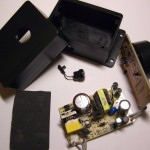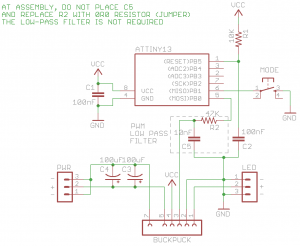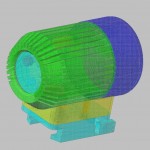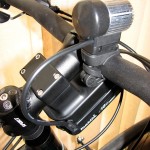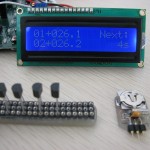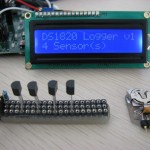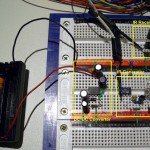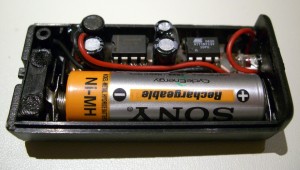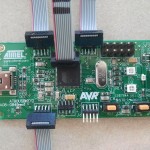
I’ve got a little fun project where I need to create a USB HID keyboard device. I searched high and low for an STK526 mezzanine board for my STK500 development platform so I could work with the ATmega32U2 chip. Failing to find one, I purchased an Atmel AT90USBKey. It seems like a decent, inexpensive little development platform except for one thing. Continue reading

